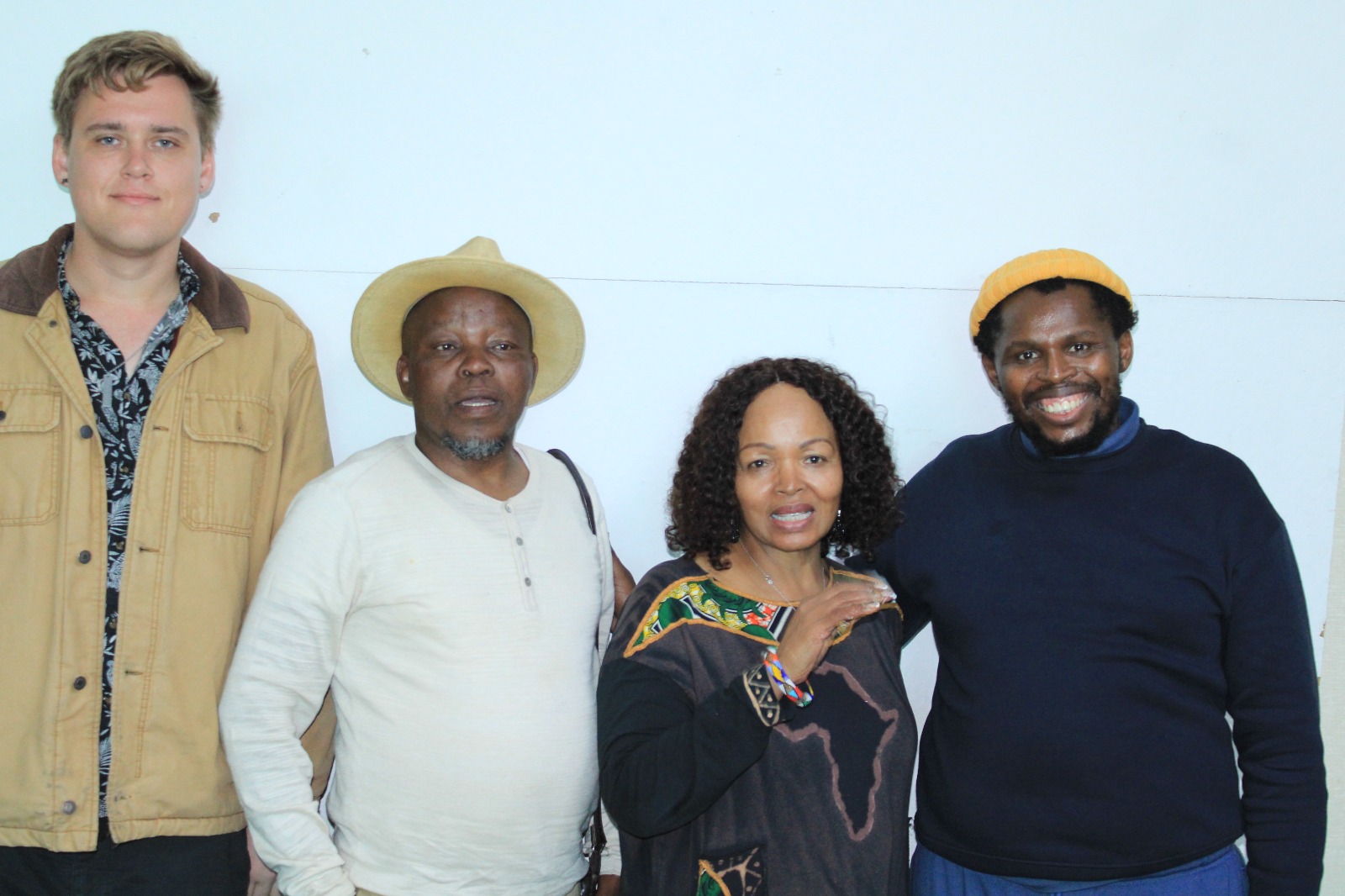CELEBRATING WHISTLING AS AN AFRICAN HERITAGE: FROM KASI, TAXI RANKS TO CULTURAL CEREMONIES

Whistling as a language holds a fascinating place in several African cultures, where it has been used for communication within the physical and with the spiritual world.
According to Languages and Indigenous Knowledge Systems (IKS) Manager, Sinoyolo Nokutywa, whistling holds a well heritage that needs to be documented as it plays a significant role in communication particularly in preserving the linguistic and cultural traditions of African communities across generations.
“Whistling is more than just sound; it's a medium that bridges the past and present, the physical and spiritual. We must preserve it to keep our heritage alive and accessible to the world.”
In the Nguni and the Xhosa tribes, whistling has played a significant role in transmitting messages between the physical and the spiritual world, often used during traditional rituals and ceremonies to communicate with ancestors, invoke guidance, or signal important transitions in life, such as rites of passage or healing practices.
“In the sacred ceremonies of amaGqirha (traditional healers), whistling is used as a powerful tool to summon and communicate with ancestors, acting as a direct link to the spiritual world. Due to its sacred nature, it is forbidden to whistle casually in the presence of amaGqirha, as this could disrupt the ancestral connection or invoke unintended spiritual responses.”
Among the Khoisan (San and Khoikhoi) peoples, whistling was used as a silent and efficient means of communication during hunting expeditions and social activities, allowing them to coordinate actions without alerting animals or outsiders.
In SA music, whistling has become notable in the amaPiano genre with songs like “The Whistling Man” by De Mthunda & Ntokzin, “Sgubhu Se Monate” by Kabza De Small, and “Khuza Gogo” by DBN Gogo taking Kasi culture by storm.
“Whistling continues to play a significant role as a form of communication in various contexts. For instance, it is used as a language in the taxi industry to signal passengers and routes, in rural areas to control livestock (known as ukwalusa), as a code language among amaPhara, and as a calling method known as ukutshekha, among other practical uses.”
Recently, Nokutywa hosted isiXhosa lecturers, Dr Zoliswa Mali from Boston University in the United States of America and Prof Chu from the University of Foreign Studies in Beijing, to cultivate a research partnership on the language of whistling.
“For me, this was not just about collaborations, but about having a heritage recognised and preserved on a global scale, ensuring that our indigenous languages and cultural practices are celebrated and passed down to future generations,” Said Nokutywa.
Nokutywa explained that their goal is to translate them so that people, including tourists, can better understand these unique forms of communication and navigate the country with an understanding of its culture.
By Ongezwa Sigodi
